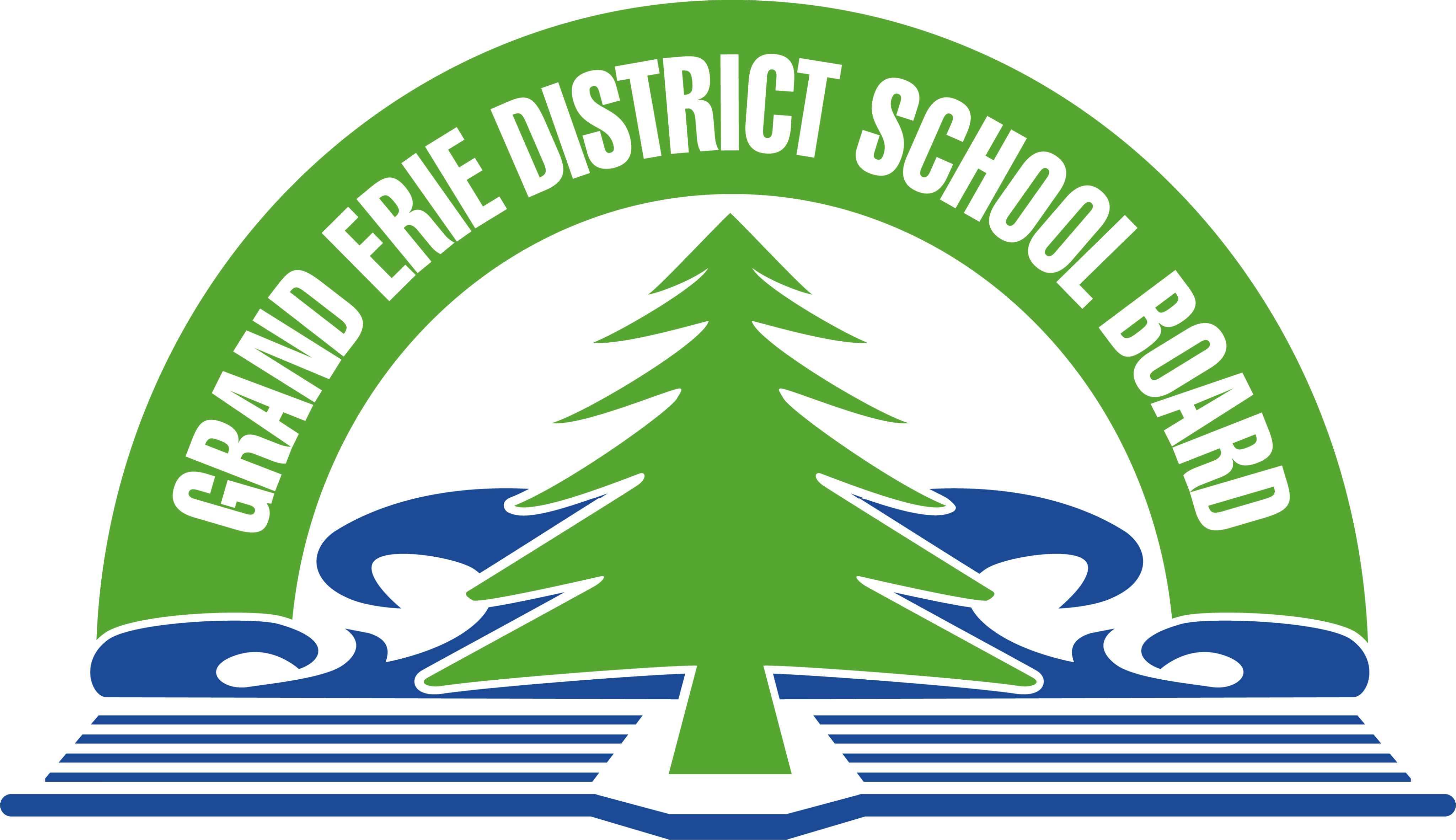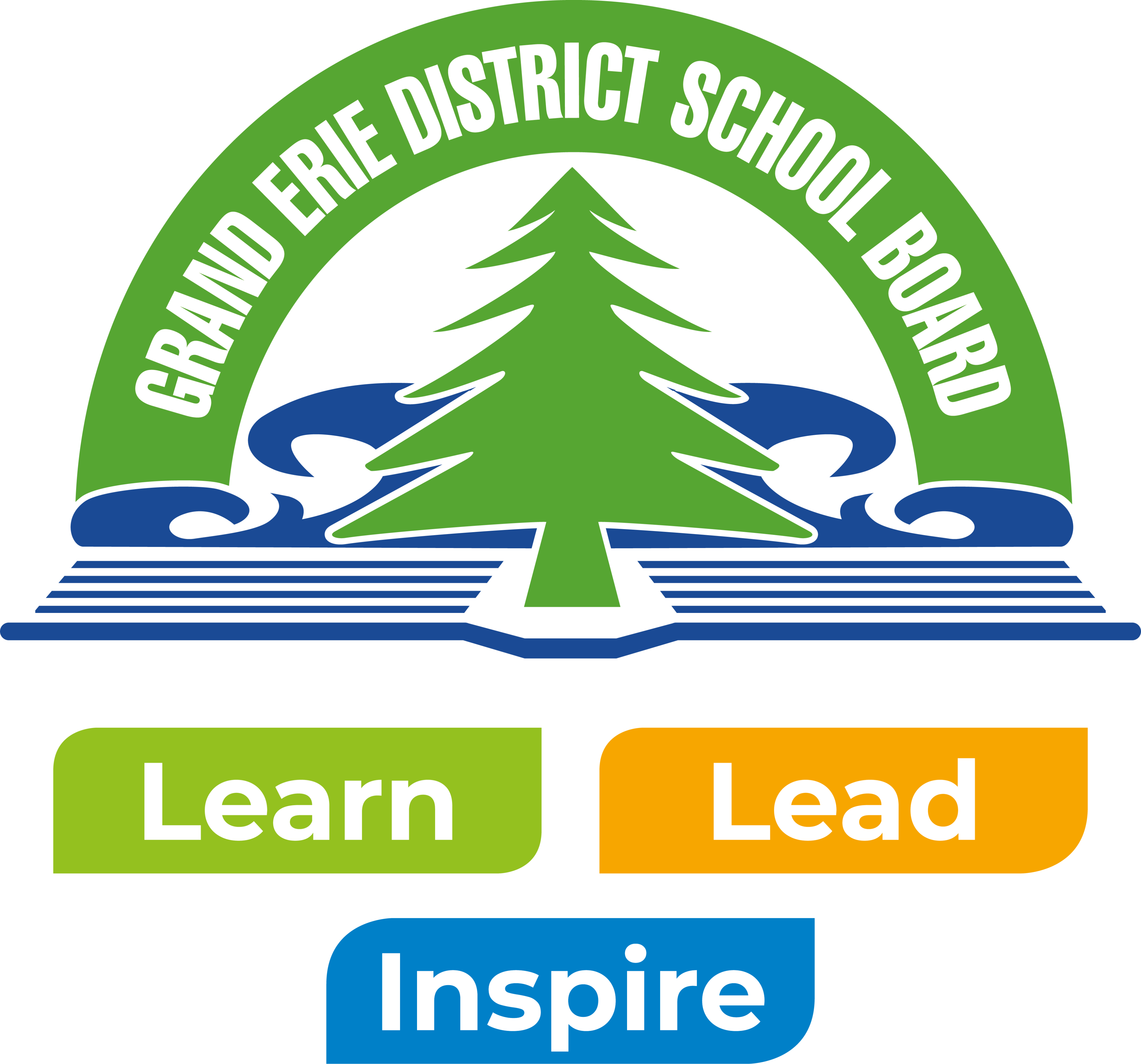The following Glossary of Terms is commonly used by Educators and was adapted from an on‐line glossary from the Association of Bright Children (ABC).
Accommodation: support and services for students with special needs to help them achieve learning expectations and to demonstrate their competencies in the curriculum. Accommodations change only the way in which the learning takes place; they do not alter the content of the curriculum or affect the validity or reliability of the tests that assess learning.
Assessment: collecting information about a student's learning by using a variety of tools, e.g., by using written tests, observation in class, oral presentations, writing and drawing portfolios. The tests and observations may be for academic, performance, psychological, etc. The collection of information may be on‐going (formative) in the class and/or at the end of a unit, term, or semester (summative). In special education, the term "assessment" may also include a wider range of tests to understand the degree of abilities or limitations that contribute or affect learning, including assessments for hearing, speech and language, fine and gross movements, mobility, etc.
Case Conference: a meeting to discuss a student's needs. It may include all those involved with the student, such as his/her teacher(s), professional support staff, and school principal. Parents may bring someone with them to advocate and take notes. The purpose may be problem solving or reviewing support service options. It is similar to an In School Review Committee, but will include parental involvement and may include a wider range of professionals.
Cognitive: term describing mental processes such as awareness, memory, judgment and reasoning.
Curriculum: the program that must be followed to educate children at each grade level. The curriculum describes the expectations (skills and knowledge) that students must acquire as well as the achievement level (mark or grade). The curriculum is divided into different subject areas (Language, Mathematics, Social Studies, etc.) for both elementary and secondary school students.
EA ‐ Educational Assistant: staff hired by school boards to work with students under the supervision of the classroom teacher. Each board determines the education and training requirements for EAs that they hire. EAs may work with an individual or groups of students for part or all of the school day.
EQAO ‐ Educational Quality and Accountability Office: an arms‐length agency of the Ministry of Education established to develop and coordinate performance assessments in Reading, Writing, and Mathematics for all students in grades 3, 6, 9 and 10 in Ontario.
Exceptional: A legal designation given to a student by an Identification, Placement and Review Committee. According to the Special Education Information Handbook 1984, Ministry of Education page 1: "Pupils who are exceptional are entitled to special education programs and services suited to those needs." The only way to remove the exceptional designation is by an IPRC.
Indirect Services: where special support services are provided to the classroom teacher, who in turn provides support to the special needs students in that classroom.
Integration: the provision of instruction for an exceptional pupil in a regular classroom.
IPRC ‐ Identification, Placement and Review Committee: A school board committee called to determine whether or not a student is exceptional, to place an exceptional student in a special education program, and to make an annual review of the placement. Parents should be involved in the IPRC process and should be invited to the IPRC meetings. Parents may agree or disagree, in writing, with the decisions of an IPRC. Parents should request and receive, in advance, copies of all materials to be presented at the IPRC.
LRT ‐ Learning Resource Teacher: a teacher who has education and qualifications in special education programs and services, based in a school, providing supports for school‐based programs, (e.g., learning disabilities, physical disabilities). LRTs also look after IPRC preparation; arrange in‐school review committees and case conferences; assist in ongoing assessment, evaluation and reporting; facilitate placements; and liaise with service agencies.
Modification: changes to content and performance criteria of age‐appropriate grade level expectations for curriculum. These changes may involve expectations that reflect knowledge and skills required in the curriculum for a different grade level and/or increasing or decreasing the number and/or complexity of the regular grade level curriculum expectations.
OSR ‐ Ontario School Record: the student file that contains documents of each student, such as report cards, assessment reports, and key items of correspondence between the parents and school staff. The contents of the OSR and access to the information are authorized by the Education Act. Parents can review the contents of the OSR by contacting the Principal; parents can request the removal of records or items that are no longer relevant to the learning of the student.
Partially Integrated: a student is in a regular class for at least one class, but not more that 50% of the day. The remainder of the student's time is in a self‐contained class.
Placement: allocation of the student to the regular classroom, part‐time withdrawal, or a self‐contained class. School boards support a range of placement options and choices for all exceptional students, including integration in the regular classroom, supports in the regular classroom, withdrawal, and congregated, self‐contained class.
Resource Assistance: direct specialized instruction, individually or in small groups, in the regular classroom.
Self‐contained Placement: a placement of the student for more than 50% of the day in a class with others of the same exceptionality and needs, taught by a teacher with special education qualifications.
Special Education Program: support programs for students with special needs. Will include a range of placements, such as regular classroom settings, withdrawal, and self‐contained classes. Students in a special education program must have an individual education plan (IEP).
Transition Plan: the planned change for a student between school divisions, between entry to and leaving schooling, or from a special education placement to the regular classroom. The Transition Plan includes: preschool to elementary, elementary to secondary, secondary to the workplace or to post‐secondary education. Every Ontario student at age 14 must have a transition plan outlining the resources that will assist the student in preparing for post‐secondary work, further study, or life in the community.
Withdrawal Assistance: specialized instruction provided by a special education teacher outside the regular classroom, for less than 50% of the day.


